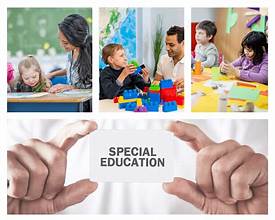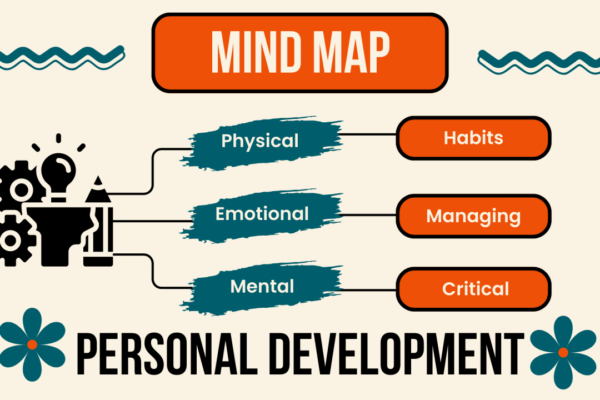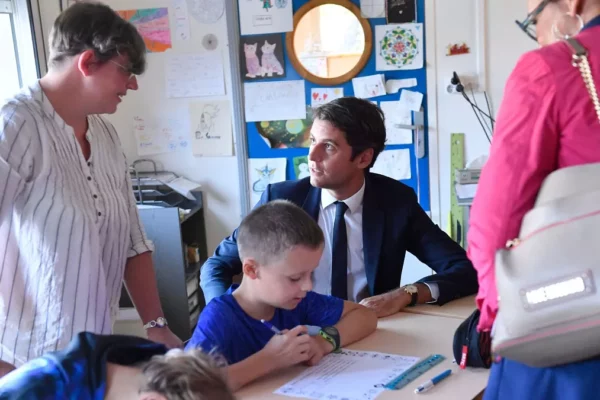Introduction to Early Childhood Education
Early childhood education plays a crucial role in setting the stage for a child’s future success. It encompasses the period from birth to around eight years old, which is considered a critical window for development. During this time, children’s brains are rapidly growing and forming connections that lay the foundation for their cognitive, social, emotional, and physical development. Early childhood education provides a nurturing and stimulating environment that supports children in reaching their full potential.
The Importance of Early Childhood Education
Early childhood education is more than just babysitting or keeping young children occupied. It is a purposeful and intentional approach to education that recognizes the unique needs and characteristics of young learners. Research has consistently shown that quality early childhood education programs have a significant impact on a child’s overall development and future success. It is during this period that children develop essential skills, such as language, problem-solving, and social interaction, which are vital for later academic achievements.

Developmental Benefits of Early Childhood Education
Early childhood education fosters the holistic development of children, addressing their cognitive, physical, social, and emotional needs. Through play-based learning and age-appropriate activities, children are encouraged to explore, experiment, and discover the world around them. These experiences stimulate brain development and enhance various skills, such as critical thinking, creativity, and problem-solving. Additionally, early childhood education programs promote the development of fine and gross motor skills, helping children gain control over their bodies and refine their movements.
Academic Benefits of Early Childhood Education
Early childhood education lays the foundation for future academic success. It provides children with a solid base of knowledge and skills that are necessary for their transition into formal schooling. By engaging in early literacy and numeracy activities, children develop pre-reading and pre-writing skills, as well as basic mathematical concepts. Furthermore, early childhood education programs cultivate a love for learning and curiosity, which are essential for lifelong learning. Children who receive quality early education are more likely to excel academically and have higher graduation rates.
Social and Emotional Benefits of Early Childhood Education
Early childhood education plays a crucial role in the social and emotional development of children. It provides opportunities for children to interact with their peers, develop friendships, and learn how to navigate social situations. Through collaborative play and group activities, children develop important social skills, such as sharing, taking turns, and resolving conflicts. Moreover, early childhood education programs foster emotional intelligence by teaching children how to identify and regulate their emotions, develop empathy, and build positive relationships with others.
The Role of Parents in Early Childhood Education
Parents are a child’s first and most influential teachers. Their involvement in early childhood education is crucial for maximizing its benefits. Parents can support their child’s learning and development by creating a nurturing and stimulating home environment, engaging in meaningful conversations, and reading to their child regularly. They can also collaborate with early childhood educators to ensure continuity between home and school. By actively participating in their child’s education, parents can reinforce the skills and knowledge acquired at school and provide additional support when needed.
Early Childhood Education Programs and Curriculum
Early childhood education programs vary in their approaches and curriculum. Some programs focus on specific educational philosophies, such as Montessori or Waldorf, while others follow more traditional models. The curriculum typically includes a mix of structured activities and free play, allowing children to explore and learn at their own pace. It may cover various domains, including language and literacy, mathematics, science, arts, and physical development. The best early childhood education programs provide a balance between teacher-led instruction and child-initiated exploration, ensuring a comprehensive and well-rounded learning experience.
Choosing the Right Early Childhood Education Provider
Selecting the right early childhood education provider is crucial for ensuring the best possible outcomes for your child. When choosing a provider, consider factors such as the program’s philosophy, curriculum, qualifications of the staff, and the environment in which learning takes place. Visit different providers, ask questions, and observe the interactions between teachers and children. Look for a provider that values individualized learning, promotes a safe and inclusive environment, and encourages parental involvement. Trust your instincts and choose a provider that aligns with your child’s needs and your educational values.
Early Childhood Education and Future Success
Investing in early childhood education is an investment in a child’s future success. The benefits of early childhood education extend far beyond the early years, impacting a child’s educational journey and life outcomes. Research has consistently shown that children who receive quality early education are more likely to perform better academically, graduate high school, pursue higher education, and have successful careers. Early childhood education equips children with the necessary skills, knowledge, and dispositions to thrive in an ever-changing world.










Comments on " The Benefits of Early Childhood Education: Setting the Stage for a Bright Future" :